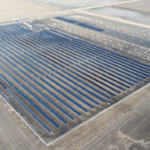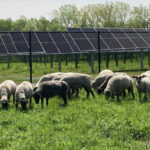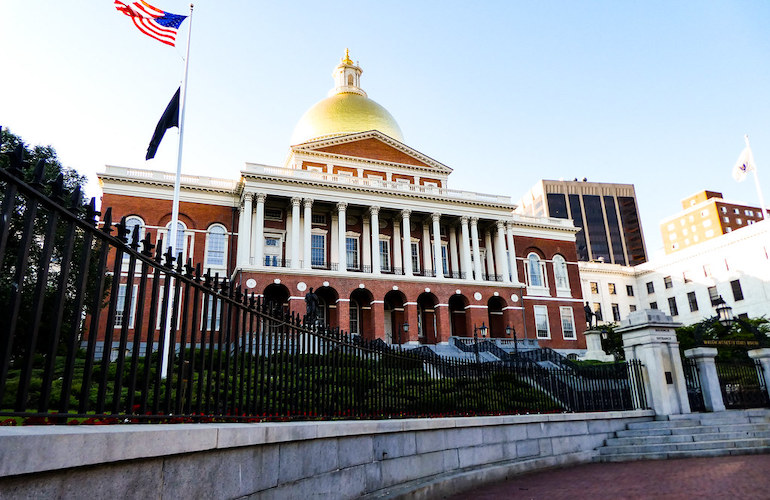ComEd report finds investments in residential solar, energy efficiency benefit all customers
ComEd this week reported to the Illinois Commerce Commission (ICC) that residential customers are receiving savings and clean energy benefits from the Future Energy Jobs Act (FEJA) and that these benefits are greater than the costs to customers. Enacted by the Illinois General Assembly in 2016, FEJA is jumpstarting renewable energy and increasing savings through new energy efficiency solutions for less than the caps established by the legislation.
“FEJA is making good on its promise to help our customers and communities gain access to clean and more efficient energy, and the benefits continue to outweigh the costs,” said ComEd CEO Joe Dominguez. “Since the state passed FEJA, energy efficiency investments have saved customers almost as much energy as they saved in the 10 years before FEJA at about half the cost.”
ComEd’s annual reports to the ICC detail the total cumulative average investment costs and benefits in the first four years of FEJA. From 2017 through 2020, residential customers realized average monthly savings of more than $1.30 per month when factoring in the benefits of investments in energy efficiency and solar energy adoption. The net costs and benefits for commercial customers remain below the legislated cost cap of 0.12 cents per kWh. As of 2020, the net costs and benefits for nonresidential customers, who are exempt from energy efficiency programs, remain below the legislated cost cap of 0.078 cents per kWh.
Customer access to renewable energy is gaining traction under FEJA. In 2020, a record 10,250 ComEd residential customers connected energy resources like private solar to the ComEd grid. Commercial and industrial businesses and community supply projects brought the total to more than 10,500 interconnections, representing 183 MW of distributed generation. ComEd also connected 20 community solar projects in 2020, and 55 more projects are under construction. The distributed generation rebate program for commercial and industrial customers grew from $8 million in payments in 2019 to $21 million in 2020.
FEJA also is creating opportunities for underrepresented populations, including members of diverse environmental justice communities and returning citizens, through training provided by trade and community groups. More than 1,300 trainees have completed the Craft Apprenticeship Program led by the IBEW Electrical Workers Renewable Energy Fund, as well as the Solar Pipeline and Multi-cultural Job Training programs; more than 25% secured jobs in solar panel installation, or serving as energy brokers, site surveyors, training instructors or other positions.
FEJA enables Illinois utilities, like those in many other states, to treat energy efficiency like other utility investments, and amortize them over the course of their useful lives. For example, the cost of ComEd rebates to customers for new LED lighting is amortized over the expected useful life of the new bulbs. This allows the company to increase customer rebates and make other investments needed to achieve Illinois’ aggressive energy efficiency goals while reducing the impact on monthly bills.
FEJA will be in place through 2031 and is designed to strengthen and expand funding for Illinois’ Renewable Portfolio Standard by establishing a long-term procurement process and providing up to $220 million per year in funding for wind and solar development.
News item from ComEd
<!–
–>
Original Source: https://www.solarpowerworldonline.com/2021/02/comed-report-feja-investments-residential-solar-energy-efficiency/













